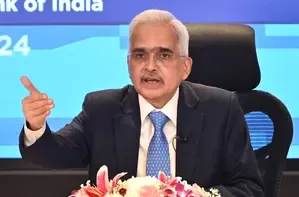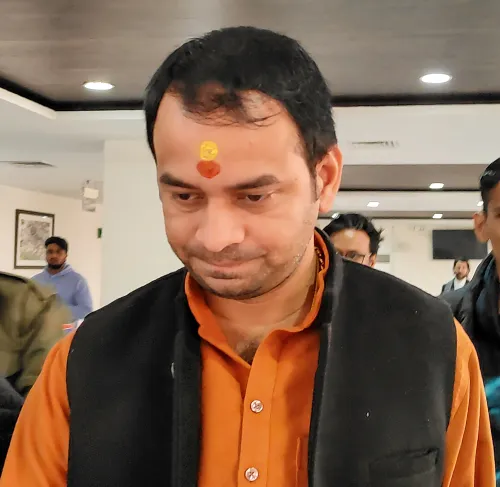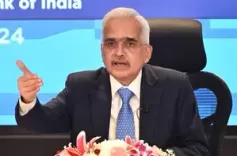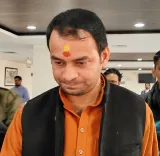Is Mamata Inciting Linguistic Conflict with False Narratives?
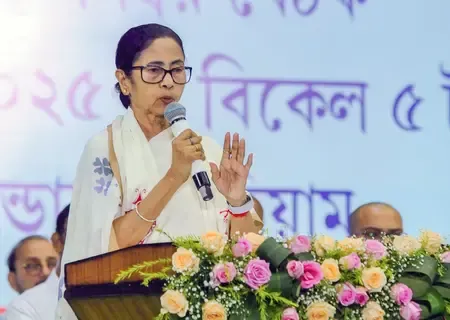
Synopsis
Key Takeaways
- Mamata Banerjee is accused of inciting linguistic conflict.
- The term 'Bangladeshi language' is used to differentiate dialects.
- Malviya stresses the need for accurate representation of language.
- Political narratives can influence regional identities.
- Literary references highlight linguistic diversity.
Kolkata, Aug 4 (NationPress) Amit Malviya, the chief of BJP’s Information Technology cell, has accused West Bengal Chief Minister Mamata Banerjee of stirring up linguistic tensions through misleading narratives, particularly regarding a claim that the Delhi Police referred to “Bengali” as a “Bangladeshi language”.
Malviya's remarks followed two social media posts made by Banerjee and her nephew, Abhishek Banerjee, the general secretary of Trinamool Congress, which criticized the BJP over an alleged letter from the Delhi Police.
In a prompt social media response, Malviya contended that Banerjee’s interpretation of the Delhi Police’s description of the language of infiltrators as ‘Bangladeshi’ is not only inaccurate but also dangerously provocative.
“The Delhi Police letter does not categorize Bangla or Bengali as a ‘Bangladeshi’ language. Such claims are deeply irresponsible and call for accountability—potentially even under the National Security Act—for inciting linguistic conflict,” stated Malviya.
As BJP’s central observer for West Bengal, Malviya provided a detailed rationale for his counter-argument.
He affirmed that the Delhi Police's reference to the language as “Bangladeshi” was justified in the context of identifying infiltrators, noting that the term describes a collection of dialects, syntax, and speech patterns that markedly differ from the Bangla used in India.
“The official language of Bangladesh is not only phonologically distinct but also includes dialects such as Sylheti, which are often hard to understand for Indian Bengalis,” he explained.
Furthermore, he asserted that there isn’t a single language called “Bengali” that encompasses all these variations, as “Bengali” signifies ethnicity rather than linguistic uniformity.
“Thus, when the Delhi Police mentions 'Bangladeshi language', it serves as a shorthand for the linguistic features utilized to profile illegal immigrants from Bangladesh—not a reflection on the Bengali spoken in West Bengal,” Malviya clarified.
He also referenced literary examples to bolster his argument.
“For instance, Ananda Math was written in Bangla reflective of its time, against the backdrop of the Sanyasi Rebellion. The renowned Vande Mataram was composed in Sanskrit and later integrated into the novel. Jana Gana Mana, originally a Brahmo hymn, was created in Sanskritized Bangla. Such subtleties appear to be beyond the comprehension of the poorly educated Mamata Banerjee,” Malviya added.
IANS
src/mr



